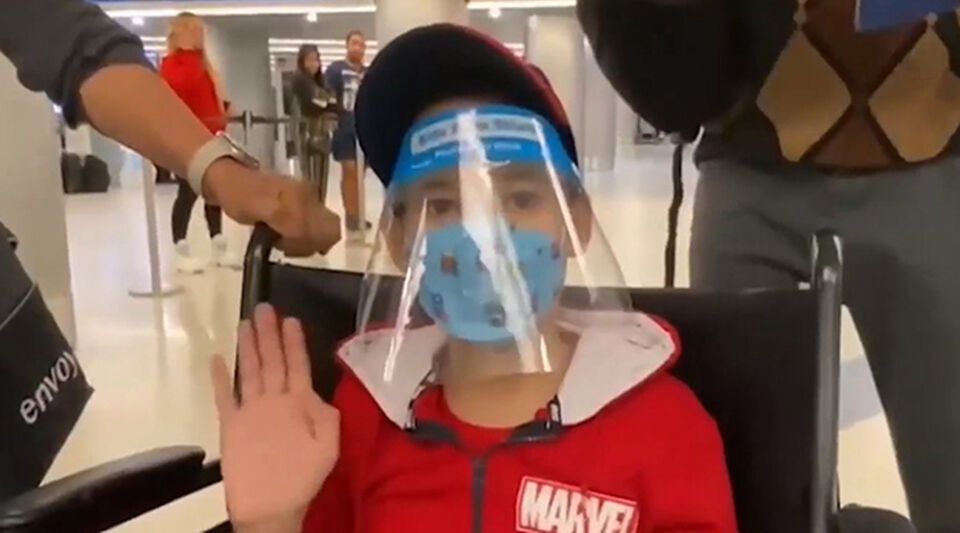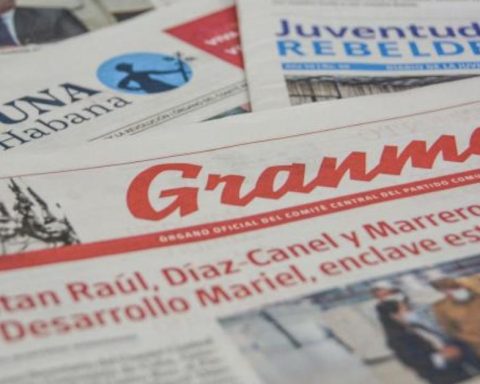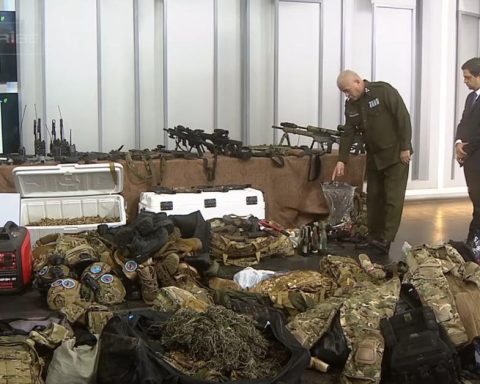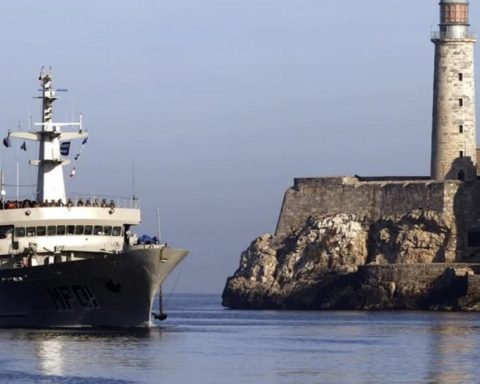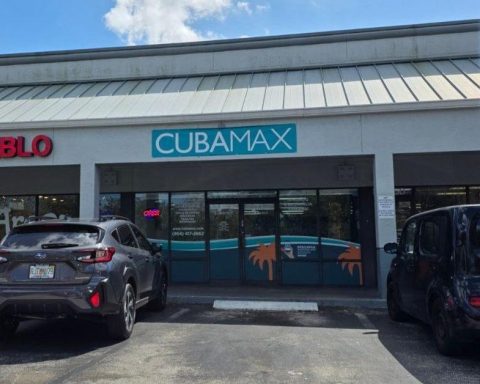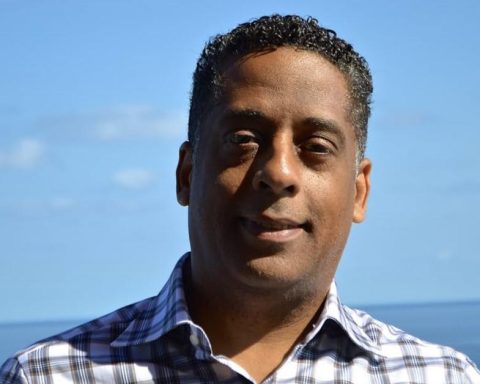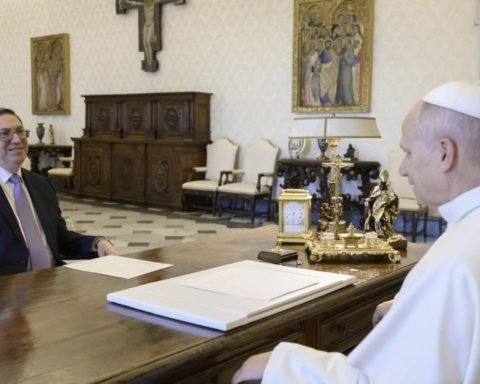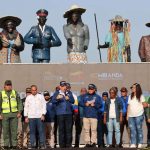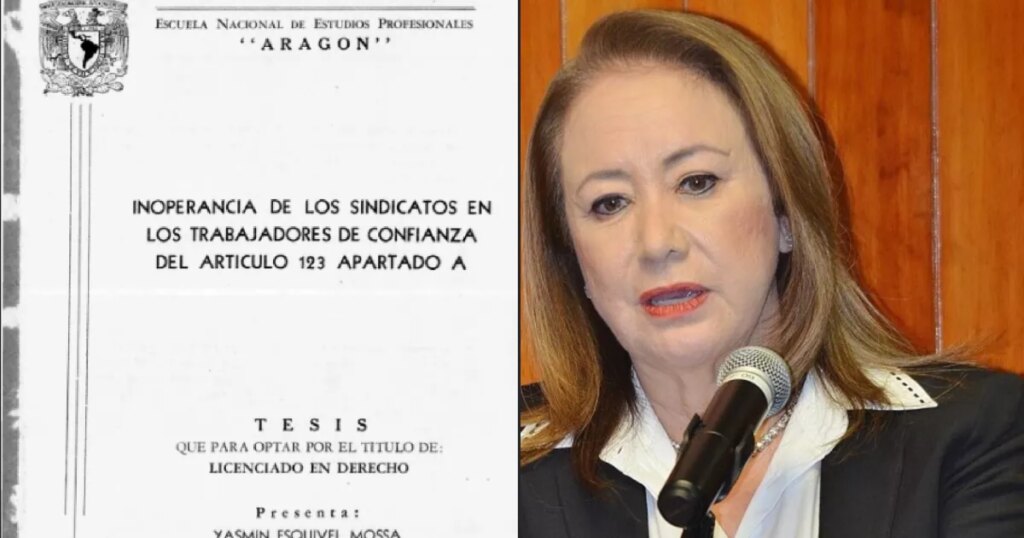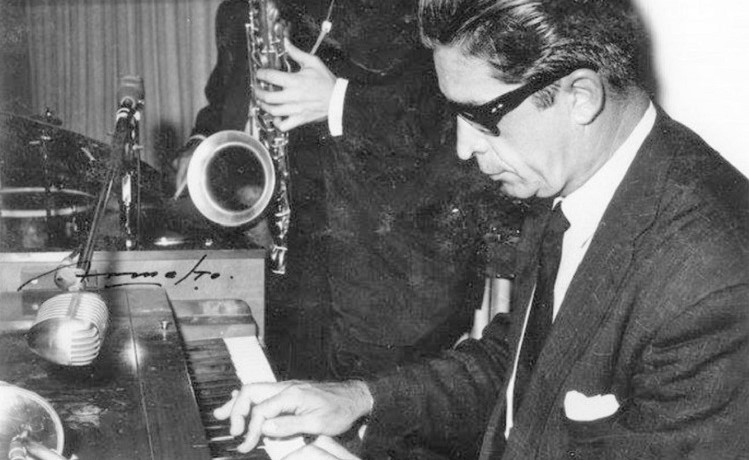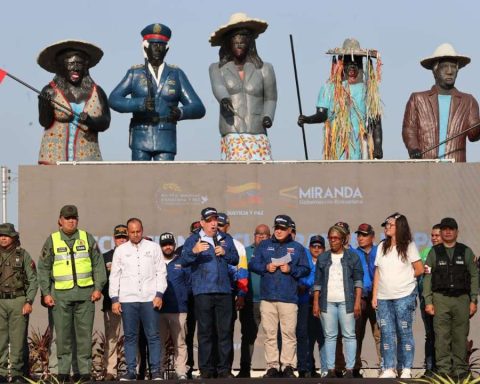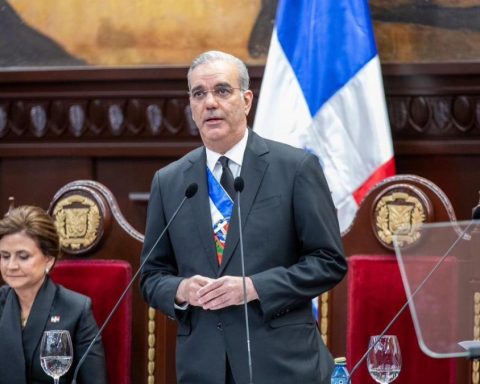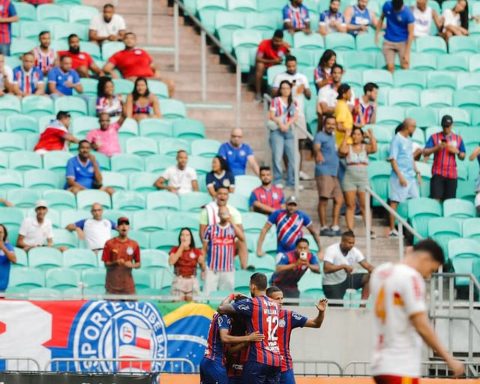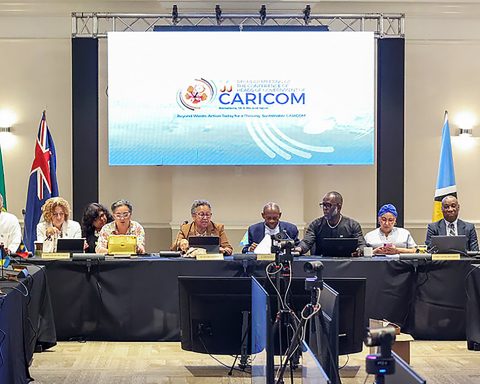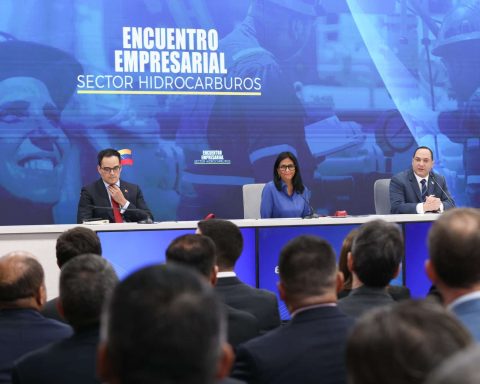Jose Camillo Milo Cateura Diaz, the 11-year-old Cuban boy who waited two months to get a humanitarian visa, arrived this Friday night in Miami where he will receive adequate treatment for his acute leukemia. “Now I’m going to be able to heal and it’s going to be anything but painful here,” Cateura said in an interview with Telemundo upon arrival on US soil.
The boy arrived accompanied by his father, Jesús Cateura, who assured that he was “heart divided” because his mother, Judith Díaz Valentí, stayed in Havana, and the older brother who would be the possible bone marrow donor for Milo’s treatment. Upon leaving the airport, the family made a video call where her mother, through tears, thanked everyone who made the trip possible, according to the video shared by Telemundo.
The Cateura Díaz family requested humanitarian parole for the child last October, until the US Citizenship and Immigration Service (Uscis) resolved their case this week. The delay caused the child’s state of health to worsen, for which the doctors in Havana had to subject him to three very invasive treatments, which triggered bleeding from the mouth and nose. “It has been a bit difficult and painful,” described the little one.
The family took Milo to Nicklaus Children’s Hospital this Saturday, where they will begin studies of his current state of health and possible treatment. The intention is to achieve his remission in about 30 days and perform a bone marrow transplant three months later. “Every second has been a century for us,” his father recounted the waiting time for the approval of the humanitarian visa.
Cateura was diagnosed with leukemia in 2020 and her treatment in Cuba did not have satisfactory results, so the family chose to seek help in Miami.
The USCIS guaranteed the resolution of the case within the usual waiting range –between 90 and 120 days–, says the mediating lawyer, Zulimary Maymi-Serrano, who believes that cases like Milo’s must be resolved “quickly to preserve the integrity and child’s health.”
“The disease increases its resistance, that is the concern that one has when everything takes time,” was the opinion of Dr. Guillermo de Angulo, the doctor who will take care of Cateura in Miami. The doctor assures that “the waiting time endangered the child’s life.”
Cateura was diagnosed with leukemia in 2020 and her treatment in Cuba did not have satisfactory results, so the family chose to seek help in Miami. From Florida, Dr. De Angulo pointed out that Havana did not meet the conditions to care for the child and that they lacked the “tools to put him in complete remission.”
In an interview with El Nuevo Herald, Milo’s mother assured that she thought the process to obtain the humanitarian visa would be quick. But the delay took its toll on the child’s state of health at the Havana Institute of Hematology, where he received several transfusions of platelets essential for his body to remain stable during the trip to Florida.
________________________
Collaborate with our work:
The team of 14ymedio He is committed to doing serious journalism that reflects the reality of deep Cuba. Thank you for accompanying us on this long road. We invite you to continue supporting us, but this time becoming a member of our newspaper. Together we can continue transforming journalism in Cuba.
